Three years later, and in somewhat different circumstances, it's time for an evaluation and update. This is going to be a long one (but I'll try to add some gratuitous chicken pictures along the way).
The design summary for the original design at the end of 2017 was
Making my time at work more effective and enjoyable, so I can ultimately be promoted and then go part time again. Part of a long term strategy to earn more and work less.
I've now been in that job for five years, and am still working full time. I applied for promotion in late 2019, and wasn't successful. I have another opportunity to apply in early 2021, but I'm still not convinced I meet enough of the criteria. So this is a good opportunity to evaluate where I am, and where I'm going. This is going to cover both the design, and work in general at the minute.
What's been going well?
The workbooks
One of the outputs of the design was a workbook - an A4 document that I use to facilitate weekly and monthly reviews, and longer term planning. Each version covers four months (to coincide with our semesters at work) and I've tweaked little things as I've gone along. Here is a list of things the Autumn workbook contains - some of these are very specific to my role, but others are more generic - I've shared these as google documents so feel free to adapt them for your own use.
- Decision-making tool
- Teaching timetable
- List of key functions and associated goals (you can see this in the original design)
- Areas of responsibility with approximate weekly hours (a version of this is in the original design)
- Progress towards goals each month
- List of publications and their status (in progress, with co-authors, submitted, revising, accepted, published)
- Weekly teaching prep checklist
- Space for new research ideas
- Weekly review and planning for following week (in the process of updating - see below)
- Monthly review and planning for following month
- Semester review and planning for following semester (questions are the same as the monthly review)
These have been brilliant. I love the routine of weekly planning on a Friday afternoon, and including a timetable (with 30 minute increments) makes me put in all fixed commitments, and forces me to be realistic about what else there is time to do. I look forward to the reviews at the end of the month and semester too, and will often do this in a cafe (when they're open, of course). I keep the weekly plan page open on my desk which helps to keep me on track.
This year has brought many challenges, and I have been ever so grateful to have a job at all, and particularly one I can do easily from home - I've had just one day in the office since February. As my commute is a 54 mile round trip drive, this has made a huge difference, in terms of environmental impact, cost, and time.
I haven't had to deal with many of the struggles a lot of people have been dealing with when working from home - I have no children, and I am fortunate enough to have a separate room to work in. Working from home allowed me to be a bit more flexible with my time over the summer - but has also meant that there's no real definition between home and work, which has been a bit challenging (see below).
As part of my original design, I documented all my roles and responsibilities, and I've done this again now. I won't list them all here as again they're quite specific to my job, but I will highlight some changes.
- I have dropped teaching on a couple of first year modules that I found either difficult (because I didn't know the subject matter well) or dull.
- I've dropped some of my pastoral care responsibilities (I still have some - but only for around 40 students, and none in the first year).
- I am no longer a year tutor (again, a reduction in pastoral care).
- Some of my research projects have come to an end - when I did the original design I was bought out of teaching one day a week for one project, but now I'm not.
- I now supervise two PhD students.
- I've taken on co-ordination of a departmental research group.
- I've taken on co-ordination of a regional group of researchers.
- I've taken on a charity trustee role for the first time.
- I'm now on a committee which makes decisions on funding grants.
My actual amount of teaching has increased, but for the most part this has become more specialised. I'm not funded on a research project at the minute, but we have a new system at work which means I have applied for (and received) the equivalent of half a day a week to work on research anyway. I've taken on several different external roles which have come with their own challenges, but which have mostly been interesting and enjoyable. Looking back, I can see a definite principle of succession at work here - as I get more experienced, I'm able to specialise more, and have more control over my working life.
Setting boundaries
This has been SO important. I identified a few 'energy leaks' in the original design - inefficient use of small amounts of time, inefficient scheduling of student meetings, teaching preparation at times when I could have been doing something for longer term work. I've worked hard to address these using the principle of designing from patterns to details.
I use Calendly to set up a schedule for student meetings, and when a student contacts me, I send them the link and ask them to book a slot. This saves SO much time sending back and forth emails - it helps me because I can make the decision once about when I want to schedule meetings (which I usually do on a monthly basis), and it helps the students because they can see all the slots I have and pick one to suit them. I usually allocate two two-hour slots each week, one morning, one afternoon, and give 20 minute slots within those. It has worked really well.
I use Trello, and have set up monthly, weekly and daily templates. Again, this has been really helpful to give a structure to my weeks. For example, on my weekly template, alongside my teaching timetable, I have regular slots for teaching prep, student meetings, replying to student emails, departmental admin, and work on each of my external roles. Allocating slots means I'm not constantly flitting between contexts (one minute answering a student email, another trying to figure out finances for a funding bid). There is still some of that, of course, but I can at least tame it a little bit.
Focusing on applying for funding
I've made a real effort to apply for research funding this year. Funding which pays for my time allows me to reduce my teaching hours, and is also a major contribution to the promotions criteria. I've applied for two grants on my own, and another three with colleagues from other universities and outside organisations. We were shortlisted for two (and interviewed for one of those), but didn't get either. A third funder waited until after the deadline (when everyone had submitted), and then withdrew the whole scheme because of Covid. Two don't announce their decisions until the spring - unhelpfully after the promotion deadline.
I'm delighted to have been part of each of these bids, and I have learned so much about both the subjects of the research, and about the process. However, each of these bids takes weeks of work - coordinating a group of people, working out finances, project planning, putting together pages and pages of application. This (along with other tasks) is meant to fit within the half day a week that is allocated to research.
This is something I identified as an energy leak in the original design, and I've got much better at it. Because all of my meetings and classes are literally sat at my desk, there's no getting sidetracked wandering outside for a breath of fresh air on the way back from a class, or chatting to someone in a corridor after a meeting. As I've got used to the technology, I've even been able to use ten minutes here and there while students are working in groups to start planning the next week's class.
Hmm. This year it's temping to say 'everything'... but I'll try to be more specific.
Working from home
Yes, this is on both lists. Being able to work from home has been great, and I do recognise how fortunate I am, but it does mean I've spent a lot of this year in one room, and it's meant I've sat down a lot, and not walked anywhere. We created a tabletop standing desk which has allowed me to stand up, which has been great - but I've not used it as much as I probably should have done. We did modify it a few weeks ago to make it less of a hassle to lift on and off, so I plan to make more use of it in the new year.
At home though, I don't tend to start until 9am, and there's nothing specific to make me stop. Especially now it's dark by 4pm, the hours after that just drift by, and I've often found myself working until 7 or even 8pm in the last few months. It does me no good, and makes me too tired for anything else in the evening.
The global pandemic
Ah yes. I'm not going to pretend it's even close to the experience of those on the health and social care coal face, or anyone working in a customer facing role, or those who've had a stressful time with the uncertainty of furlough, but goodness me this year has been a tough one, especially since September. The autumn term is usually my busiest anyway, but combine that with online teaching, changing regulations, the government and university desperate to have everyone back in face-to-face classrooms, so many students with Covid, or having to isolate, that anything we did do in classrooms had to be repeated online, and it's no wonder many of us are near the end of our tethers.
The students are stressed, especially the first years, isolated in small rooms away from family, in flats with people they don't know, trying to get to grips with online learning, and with none of the social experiences you'd usually expect. Many of them also work almost full time hours in supermarkets or care homes, or have been furloughed or let go, so are worrying about money as well. Of course we as staff have had a steep learning curve with technology as well, and managing a group of people who don't know each other well online is difficult, especially with so many reluctant to put cameras on (understandable, since most of them have no space other than a bedroom).
So all that has meant extra work, and extra stress, and learning, adapting, and spending ever so much time in front of a screen. It's been exhausting, and I've come closer than I've ever come to not being able to cope.
I used the CEAP framework for the first design (Collect information, Evaluate that information, Apply permaculture principles, Plan for implementation and maintenance). As part of this evaluation, I've actually run through all the stages I ran through the first time, starting with collecting information about
- Roles and responsibilities
- Inputs (energy) and outputs (yield)
- How I use my time
- Seasonal energy changes
- Spirals of erosion and energy leaks
Then evaluating this information by applying various tools.
- Identifying functions, systems and elements
- Creating goals
- Looking through the lens of the permaculture ethics
- Considering time limitations
- SWOC analysis of potential elements (strengths, weaknesses, opportunities, constraints)
- Random assembly
- Placement
I think it's helpful at this point to run through each of the permaculture principles, as they have generated some useful insights and helped me plan where to go from here.
Observe and interact
Having weekly, monthly and semester reviews has really helped me to observe what's working and what isn't. Each time I've printed the workbook I've tweaked it a little, adding new questions, removing ones that don't seem relevant any more. I've recently started experimenting with time blocking, and this has been another helpful tool, showing me how much I deviate from my plan each day (and what I'm distracted by).
Catch and store energy
I haven't done a good job of this, and it shows. I planned to prepare and record all lectures before the start of term (one advantage to teaching online), but got caught up trying to work out the new technology, some of which I didn't even end up using. This has meant playing catch up all semester - recording lectures a day before they were needed, preparing for classes an hour before. Constant stress, constant rushing, constant overwhelm.
Obtain a yield
This is an interesting one. I've put a lot of energy this year into applying for external funding, and getting myself appointed to external roles, and all this counts towards the promotion criteria - but, crucially, isn't enough. None of those funding bids have so far resulted in any funding, and in spending all my time doing those, I've neglected writing. I've had one journal article published this year - it's cheerful, and I'm proud of it and enjoyed writing it, but it's teaching-related and won't count for much towards the promotion criteria. The two articles that would have languished at the back of my hard drive, neglected. I've been ridiculously busy, and have obtained many yields, but not enough of the right sorts of yields to fulfil the main aim of the design.
I'm not completely blaming myself. It's been a difficult year all round, and research funding is always elusive (and some of those funding bids may well bear fruit in the spring). But I do need to be mindful of making things count - making sure that the activities I do lead to the yields I want.
Self-regulate and accept feedback
This is what I'm doing now. Working nine, ten, eleven hours a day is not good for me in any way. My posture is appalling, I ache, I'm not eating properly, not sleeping well, not doing enough of the things I enjoy outside of work, and not spending enough quality time with my partner. This has mostly been since September, and will naturally tail off as I get less busy over the next few months, but I need to learn what I can so I don't repeat this cycle next year.
Use and value renewable resources
Having been in this job for five years, I'm in the pleasant position of being able to recycle some of my teaching materials from one year to the next. I still spent too much time at the start of term unnecessarily tweaking lecture slides, but after a few weeks I just re-used what I could. I think I need a rule of just revamping a couple of lectures for each module each semester, rather than trying to update everything at once.
One of the energy leaks I identified in the original design was photocopying for the students, because I'd not prepared lecture slides sufficiently far in advance. Obviously I've not been able to do that this year, and despite the rushing, I have managed to get everything prepared before it was needed, so that's one energy leak plugged. There are still areas I'm producing 'waste' though - seminar activities that we don't have time to use, over-fancy lecture slides when plain ones would do, months spent on committees without achieving anything 'distinctive'.
Design from pattern to detail
This principle might be one of my favourites, and I've made use of it in lots of ways. Daily, weekly, and monthly Trello templates have been invaluable, allowing me to see the overall pattern of each time period before allocating specific tasks. I start with the monthly one (as part of my monthly review), and note which tasks need doing in which weeks - marking, revising an article for resubmission, funding deadlines etc. Then the tasks for that week get allocated to days within the weekly template, which is then transferred to the daily template each evening. This principle has also been good for group activities - using broadly the same structure and transferring between modules, just changing the content rather than reinventing everything from scratch.
Integrate rather than segregate
I've made some use of this, but not as much as I could have. I created a new lecture from material I was reading from a journal article. I'm getting some students involved in a project for an organisation I'm on a committee for. These opportunities don't always arise, but I will keep an eye out for more of them.
Use small and slow solutions
I've definitely learned my lesson on this one. I tried to get to grips with too many new types of technology before the start of term, and some I didn't end up using at all. I'll take a more measured approach next time.
Use and value diversity
I've done quite a bit of experimenting this semester, and while I've settled on some patterns, I have tried to retain some diversity in teaching activities. Students, like any other group of people, have a range of preferences. Some prefer recorded lectures, some prefer live teaching. Some like to talk in small groups, others feel pressured if they feel they have to join in. I have my own opinions about some of this - it might be easier to watch a video than join in a group discussion, and we all have days when we can't be bothered to speak to anyone - but does just watching videos lead to deep learning? Still, I've tried to find a balance between giving a range of activities for the students to do (watch a recorded lecture, read a journal article, post on a discussion board etc), while acknowledging that in reality most of them will ignore at least some of the activities, and I must be mindful of my time too.
Use edges and value the marginal
I think one thing we've missed in this period of online learning is the edges - talking to students while waiting outside classrooms, them being able to just have a quick word after class, chatting to a colleague in the kitchen. Yes, students can stay behind for a minute if they need to, but it's not as easy as it was, and there's no chance for a quick word with a colleague without making an appointment. It's been really noticeable, and the main thing I've missed from being in physical classrooms.
Creatively use and respond to change
Ah, the principle of the year. I've done my best to create interesting learning environments, to use tools I wouldn't otherwise have done, and there are some things from this year that I'll definitely continue to use when things get to normal. This year has proved that many jobs can be done from home, even when previously employers said they couldn't. Given that this has gone on for months now though, and shows signs of going on for some time to come, I need to adapt from 'crisis' mode into longer term thinking, to make sure that some of my own longer term goals can be tackled.
So where does all this waffle and navel gazing lead us? The next promotion deadline is early spring, and it looks like I still won't be ready. I'm disappointed, especially as I was apparently 'so close' 18 months ago, but I'm a lot closer than I was, and there has been a global pandemic to deal with.
An important question I've been asking myself is do I want this at all? The answer is, I think, yes - but, importantly, not at the cost of my mental health and life outside work. This means that I have to accept that I can't do everything, at least not at the same time, and that instead I must focus on doing fewer things, but obtaining a good yield from them. I also means that I might have to accept that I won't even be ready by 2022.
It's useful at this point to have a reminder of the overall summary of the original design.
Making my time at work more effective and enjoyable, so I can ultimately be promoted and then go part time again. Part of a long term strategy to earn more and work less
So what can I do to bring them back? How do I make work fun again rather than stressful? How can I work less? Can I change other things about life that would allow me to go part time without the promotion?
Here are the elements that I'm going to be working on for the next semester at least - I'll review them again around Easter.
No new activities
This year I've taken on a lot of new roles and activities. I need to stop doing that now, and focus on making the most of the things I am already doing. So no new activities, and each one that I already do needs to contribute to several functions.
Focus on what makes me unique
I don't like this, but it's a reality - the promotion criteria is based around what I do that makes me unique. I have to be able to detail my exact personal contribution to group activities, my own research niche. I've not focused on this enough so far, but I need to turn my attention this way now. I've been advised to think of it in this way - what exists in the world because of me? It's not a bad way of thinking of things.
Finish work on time
My role is salaried, so I don't clock off after a set number of hours - I just need to get the work done, however long it takes. I do, however, have some influence over what work there is. I can't change much about my teaching schedule, but I often find myself putting in more hours of teaching preparation than I'm officially given time for. I need to stop this, accept that 'good enough is good enough', and that perfection is rarely either achieved or appreciated. No working past 6pm except in very exceptional circumstances.
Physical health
Sitting down all day is not good for me. I'm going to work at least an hour every day at the standing desk, go for a walk before work or at lunchtime at least three days a week, and do at least five minutes of stretching during the working day. I'm also going to make sure that I drink plenty of water (not just endless cups of tea).
Phew! That was a lot of thinking, but I feel like I've gotten somewhere, and finally have a plan to follow. This doesn't cover everything, but most importantly I know I need to combine this with a separate (integrated) personal wellbeing design - that's the next thing on the list. I'll review at Easter, and see whether I've managed to put these things into practice. Watch this space.
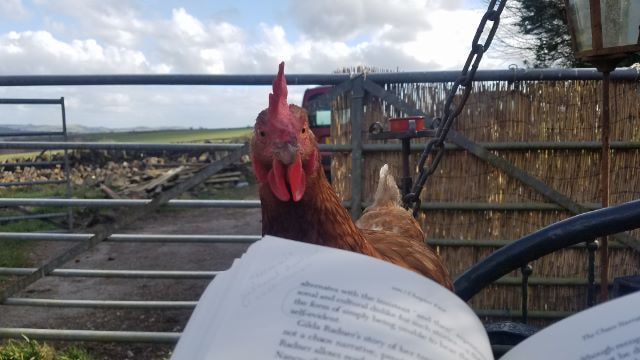
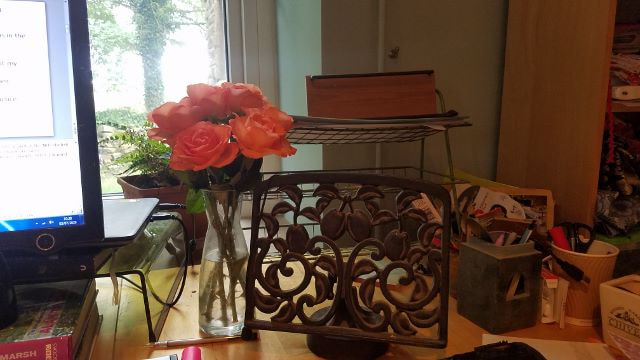
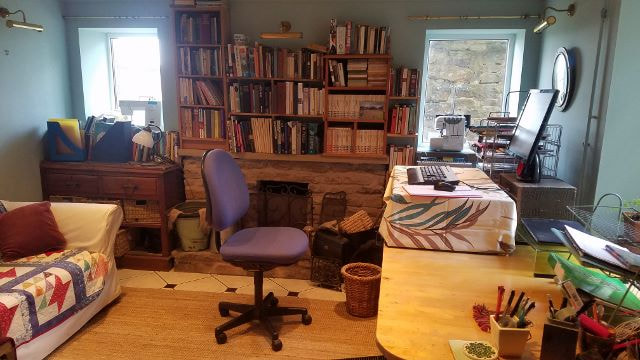
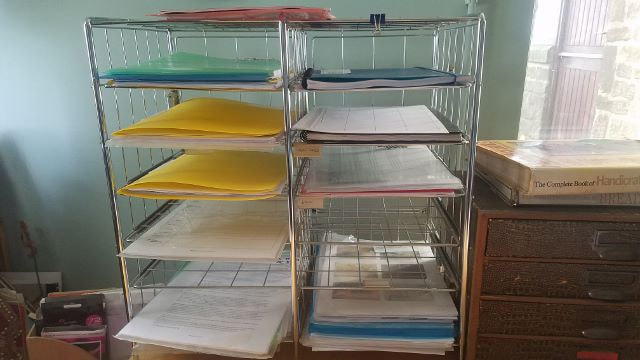
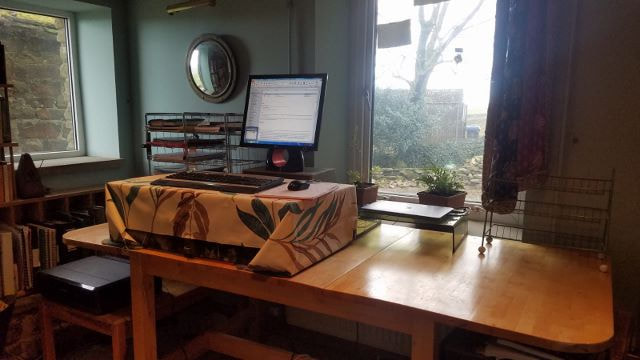
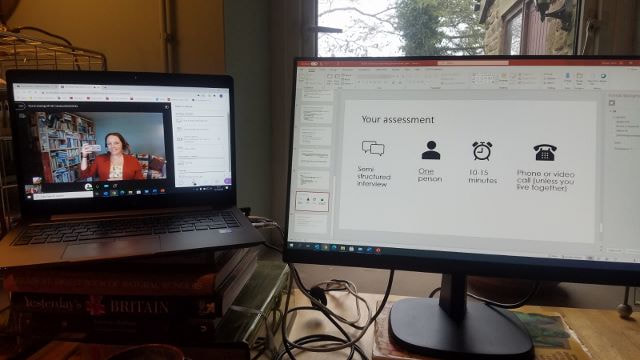
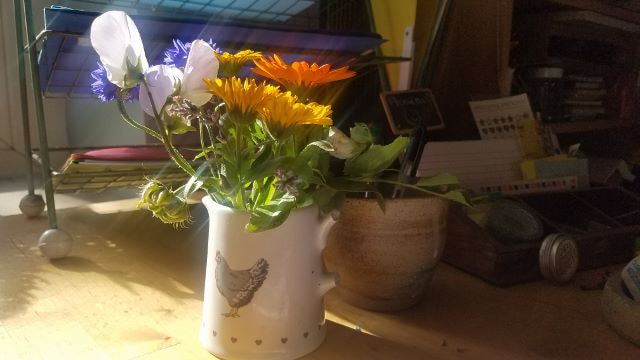
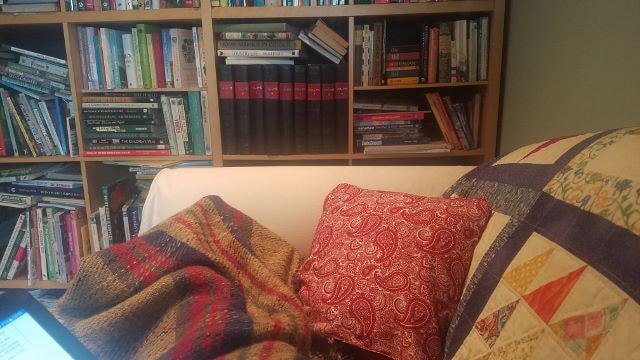

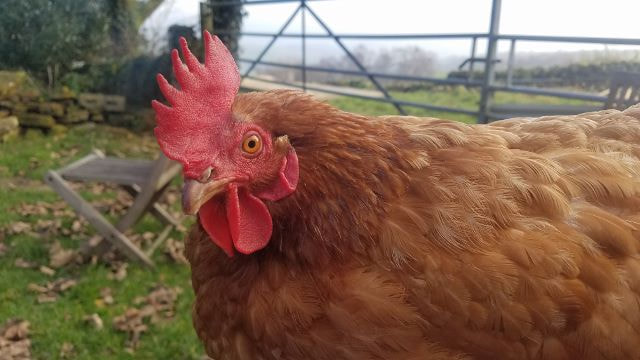

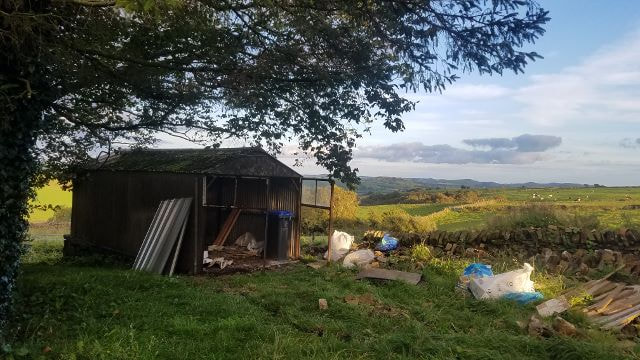
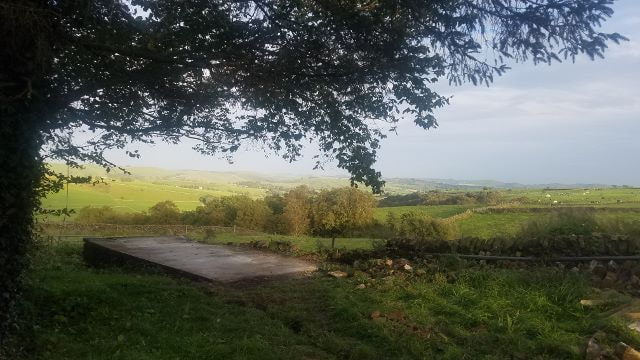
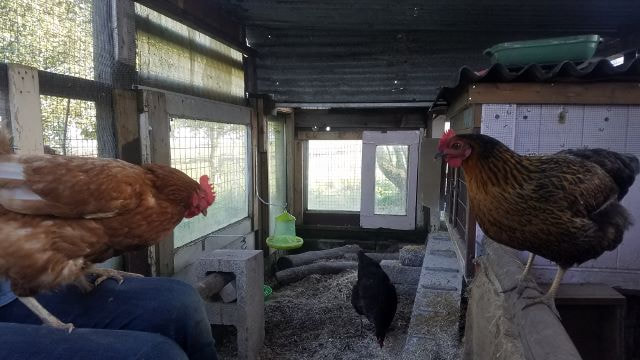
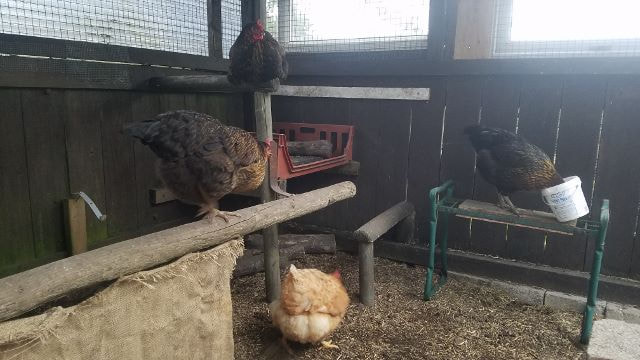
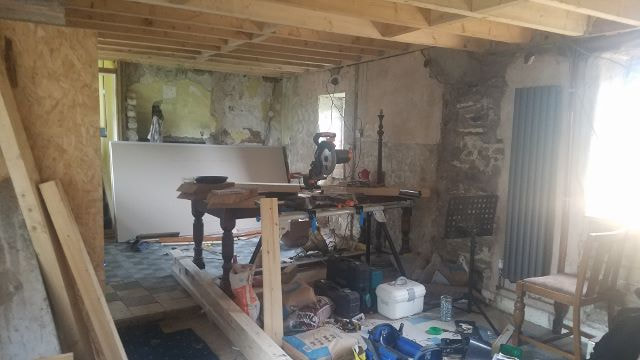

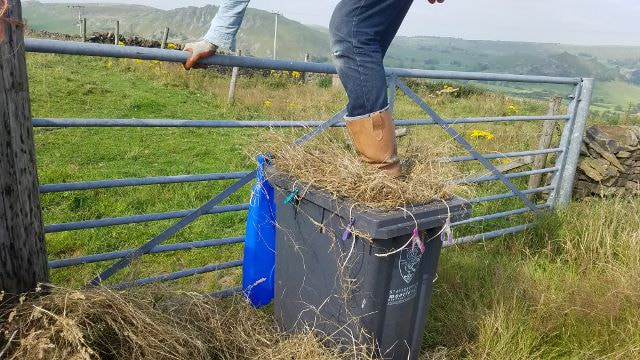
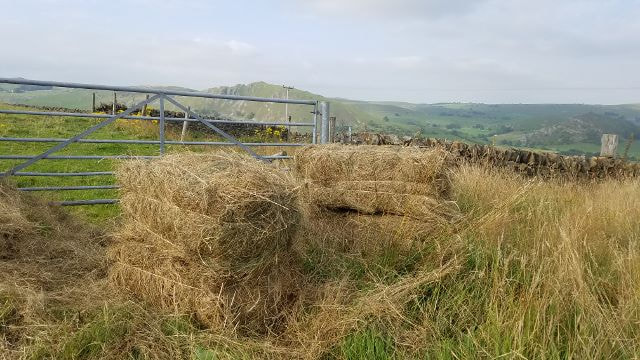
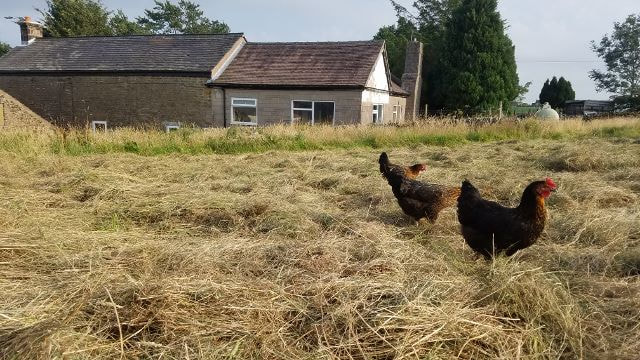

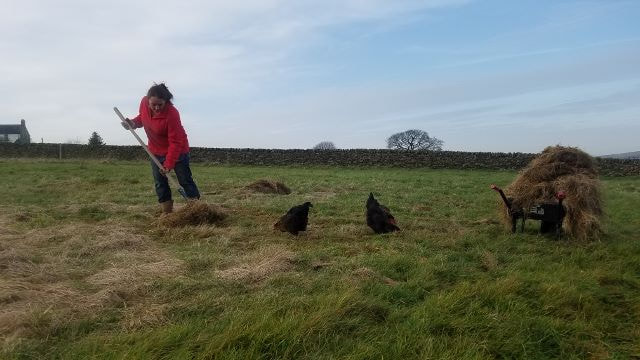
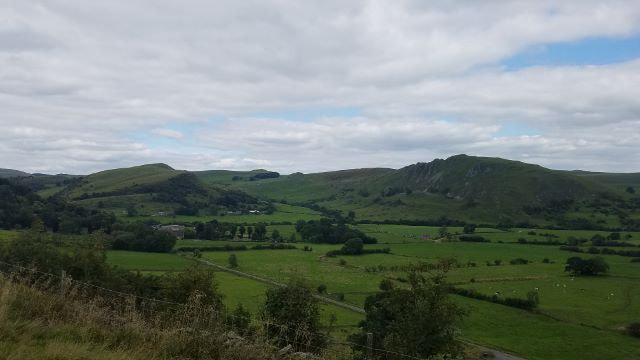

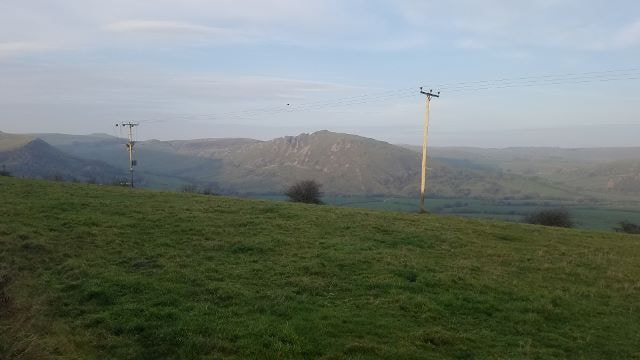
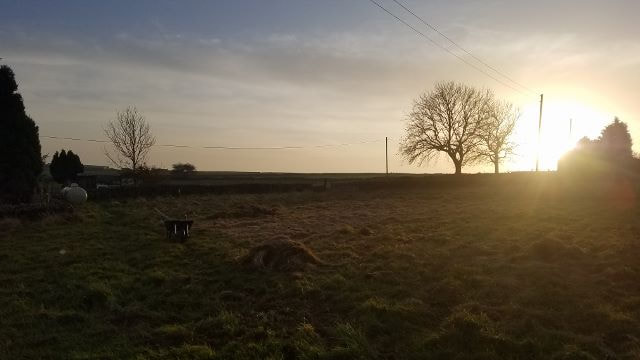

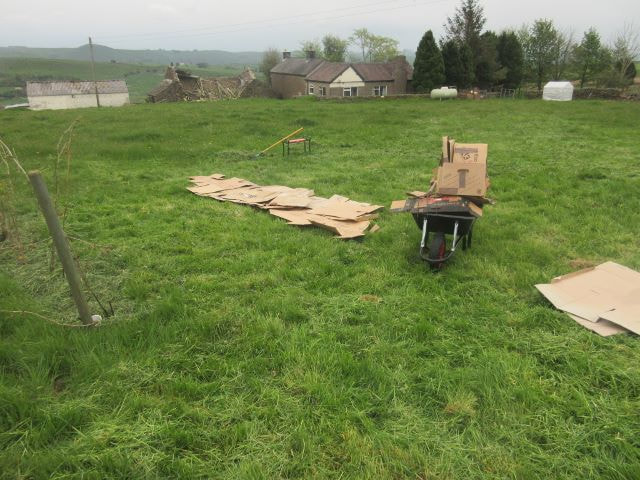
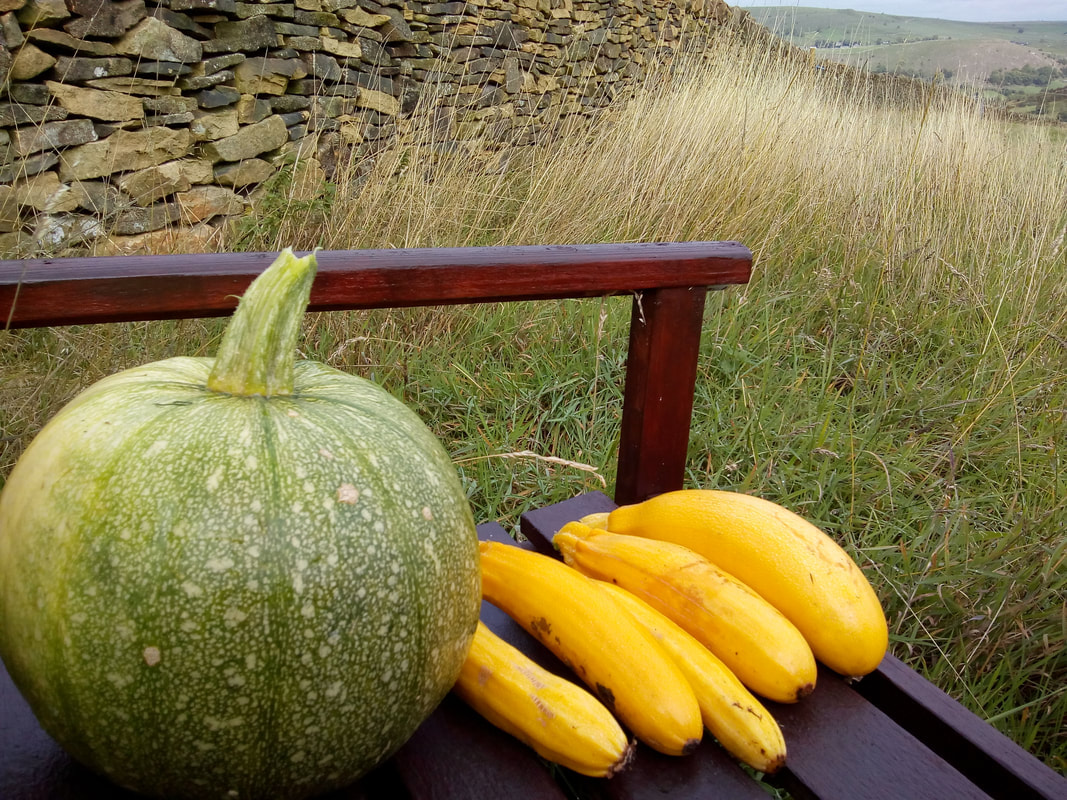
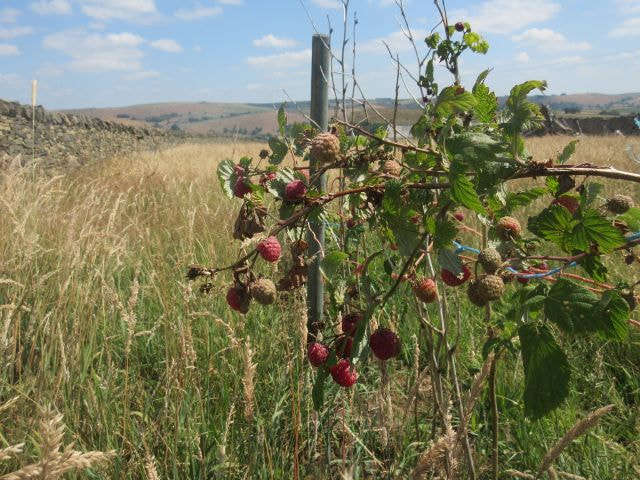
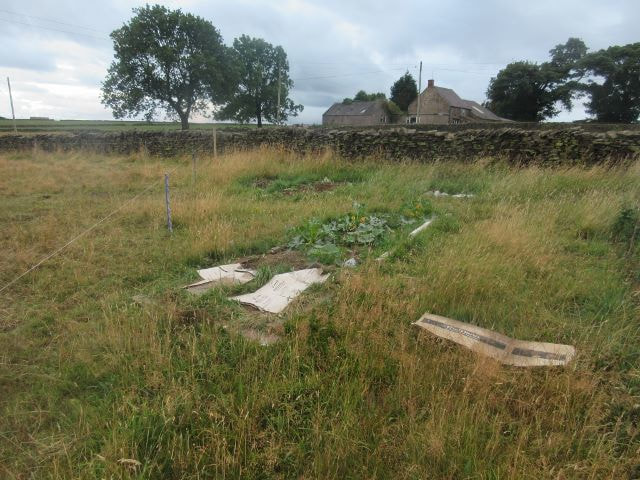
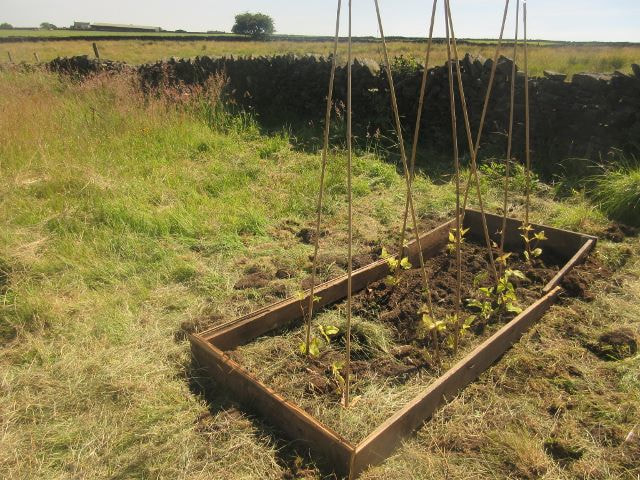
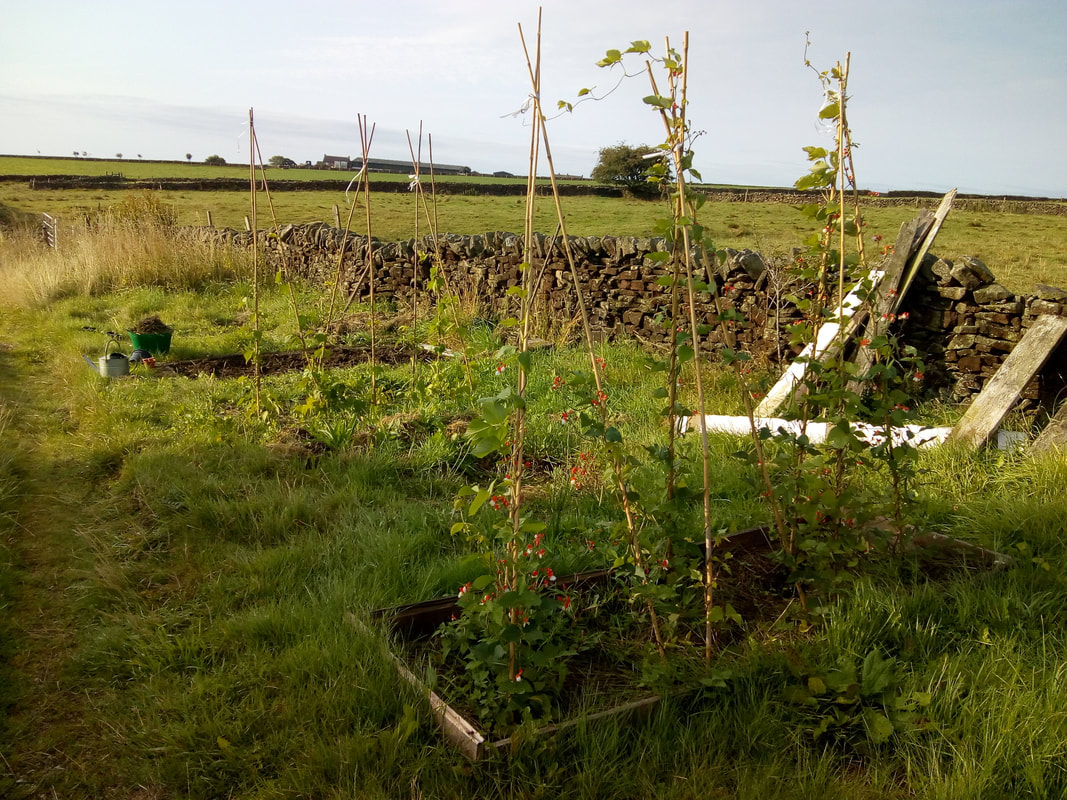

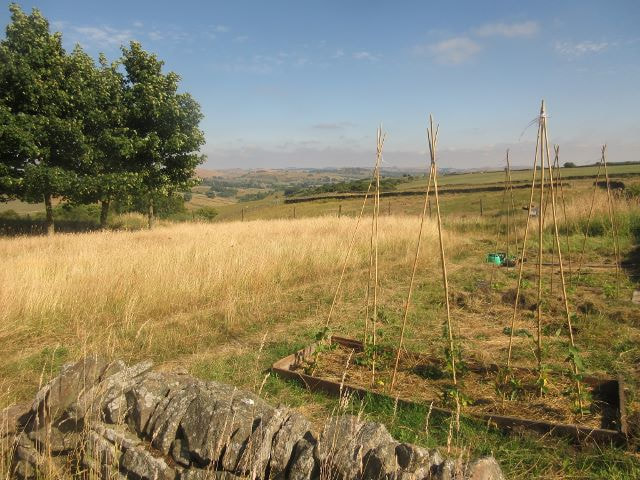
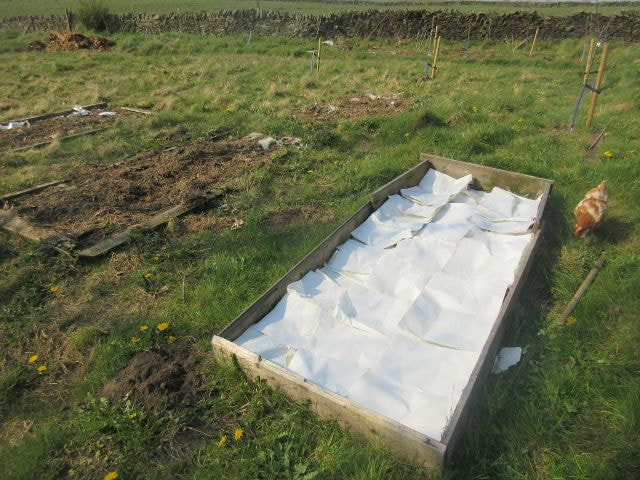
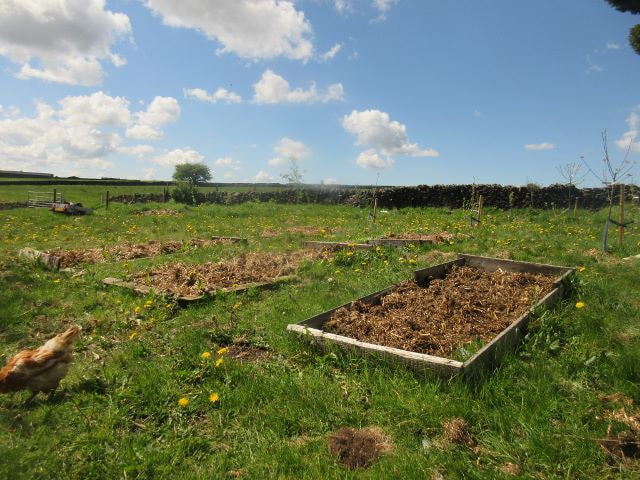
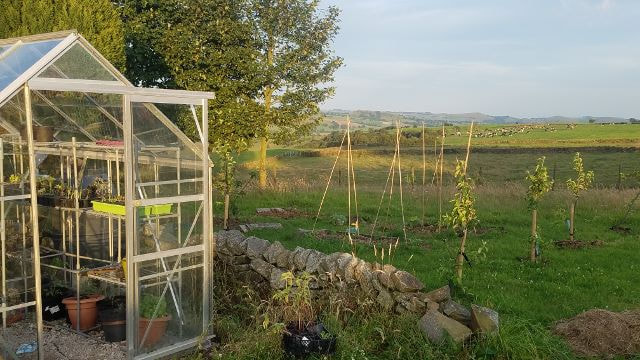
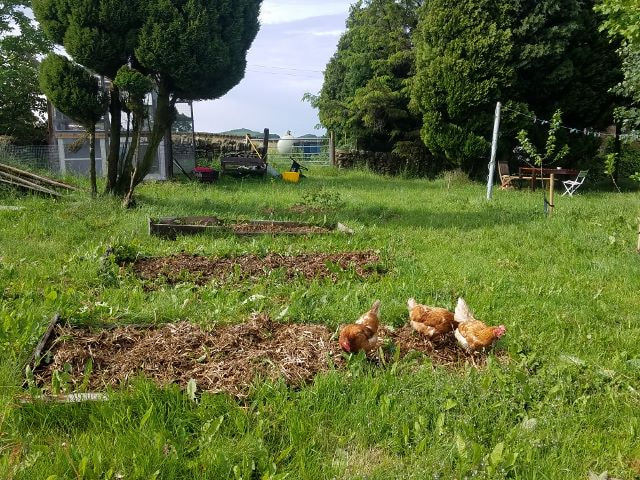
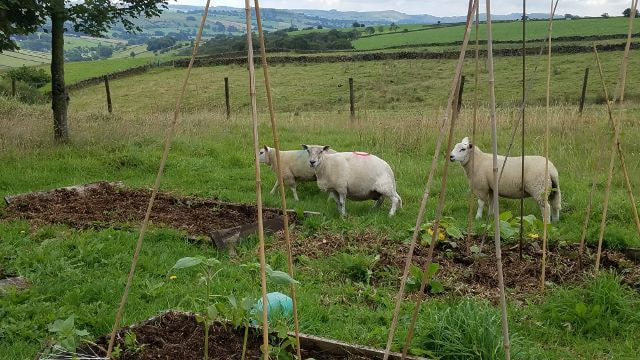
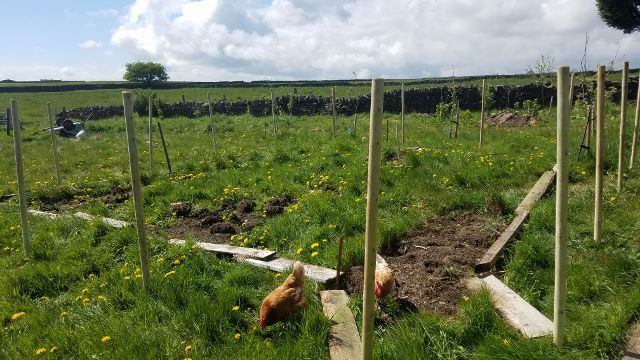
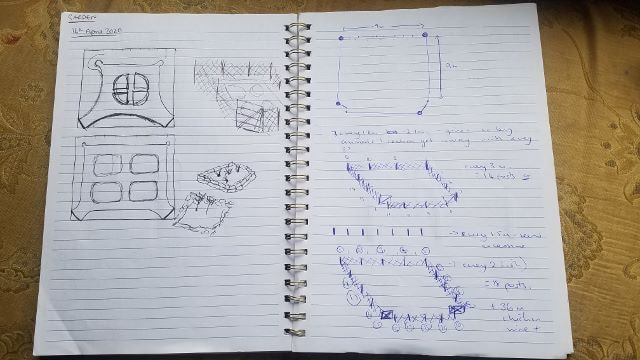
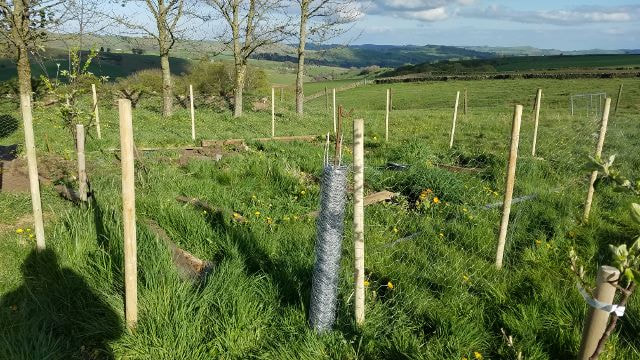
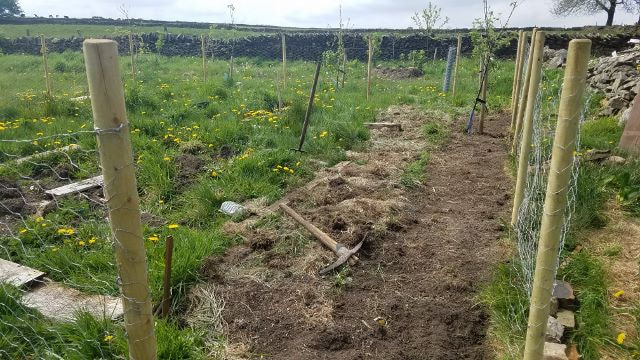
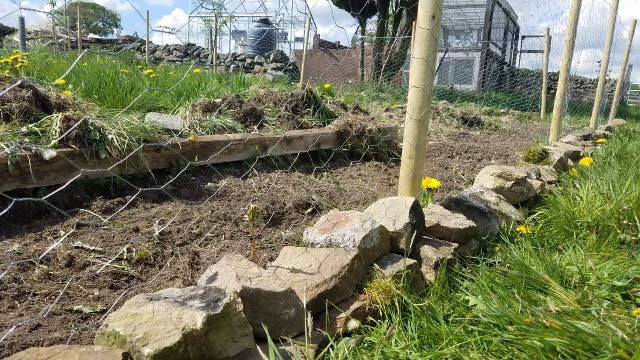
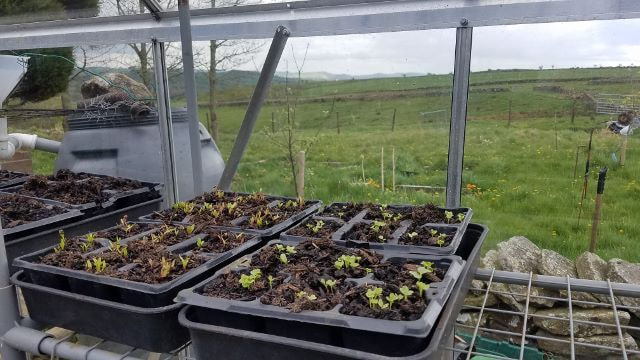
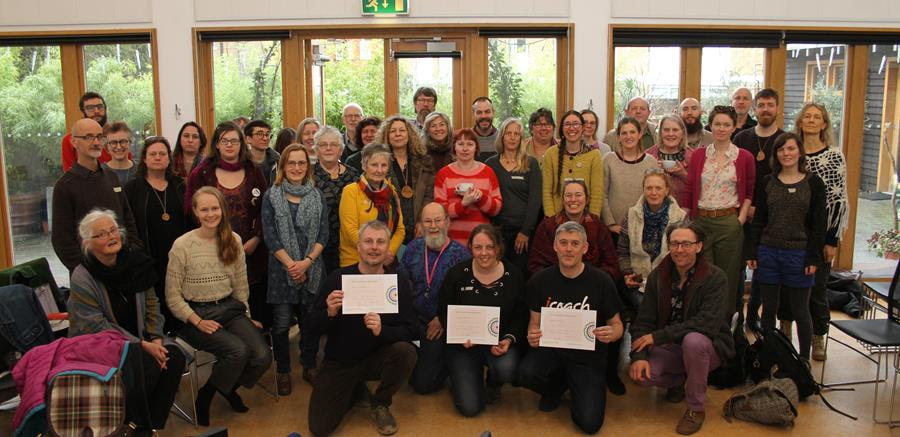

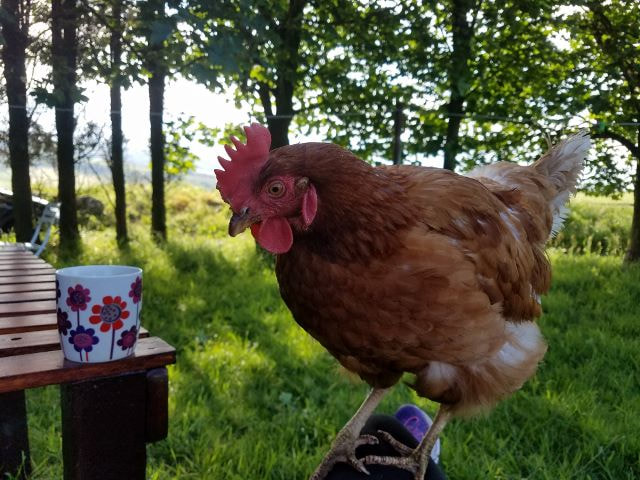
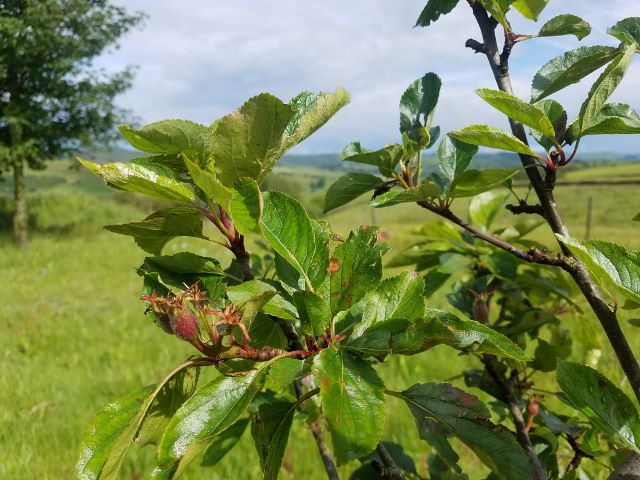
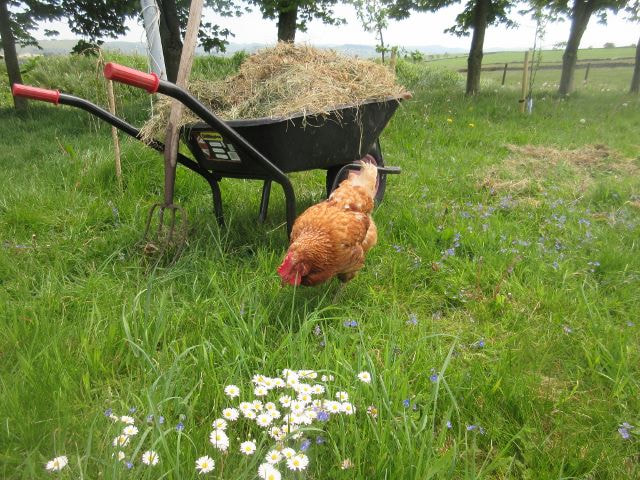
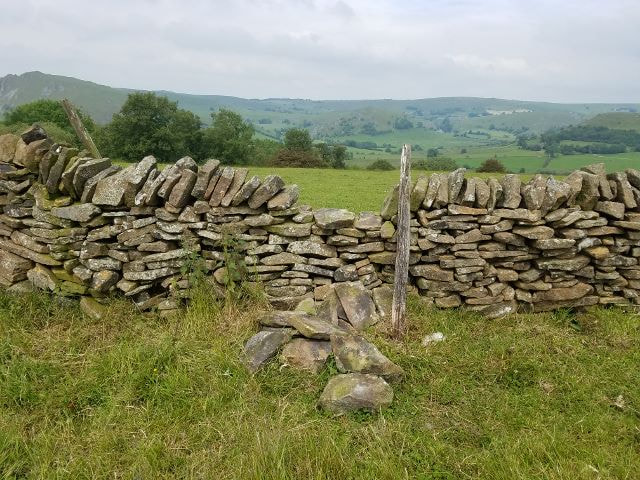
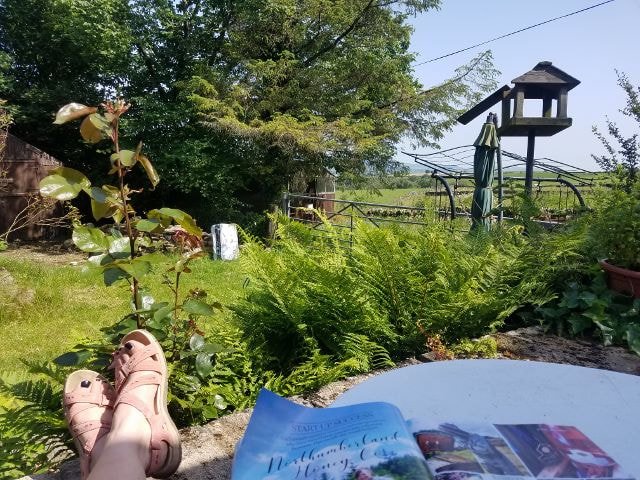
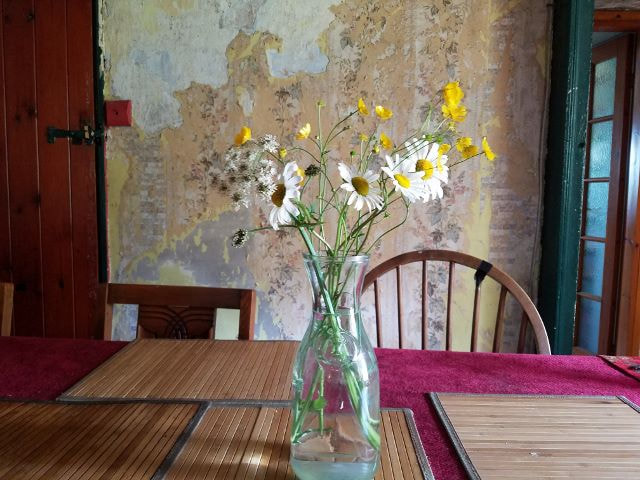
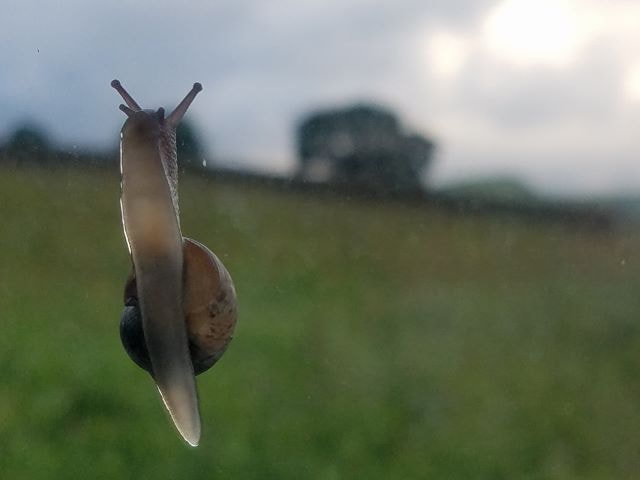


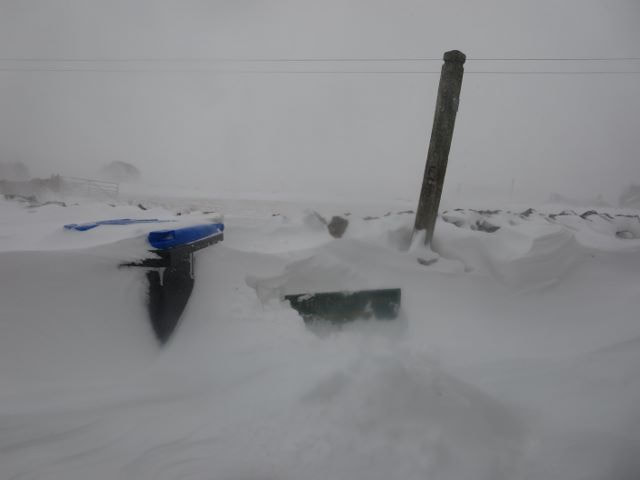
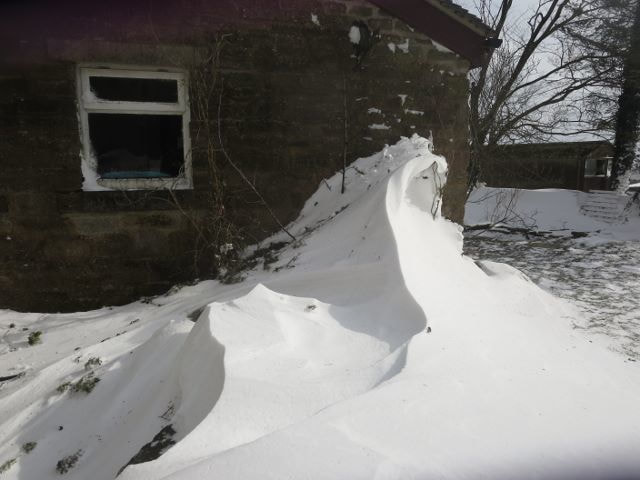
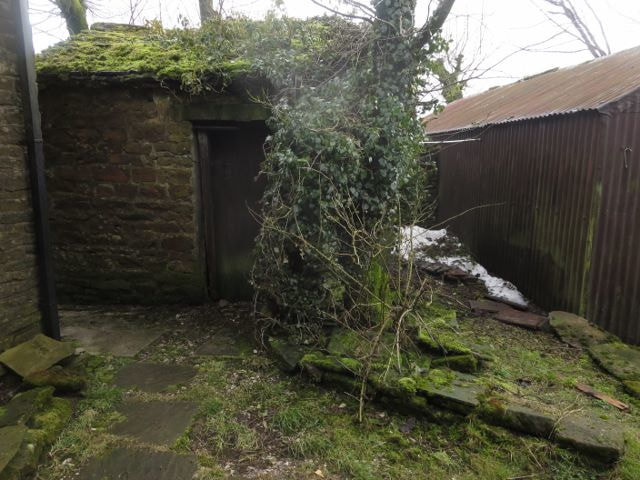
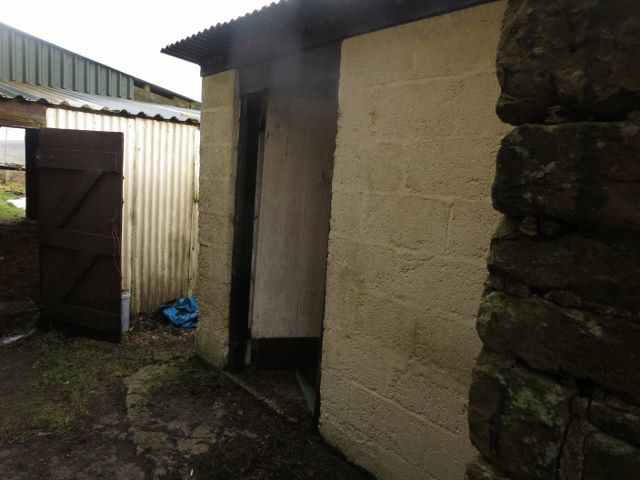
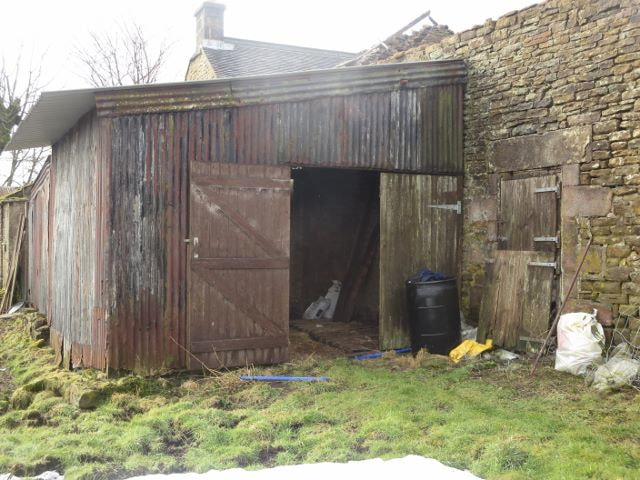
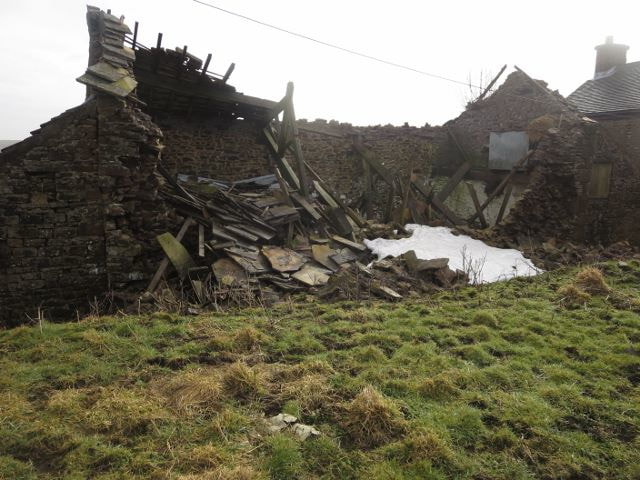
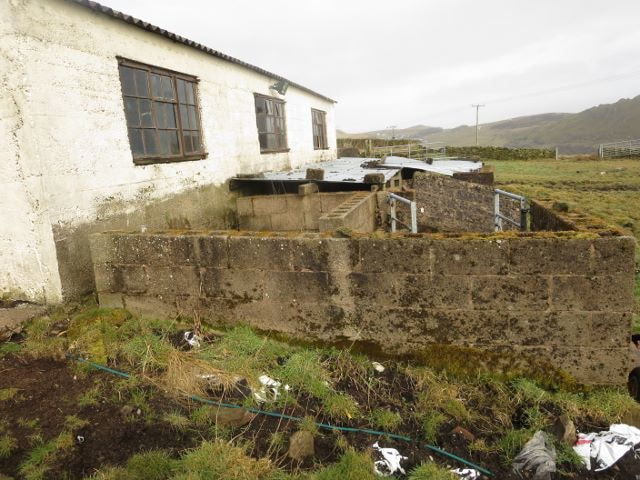
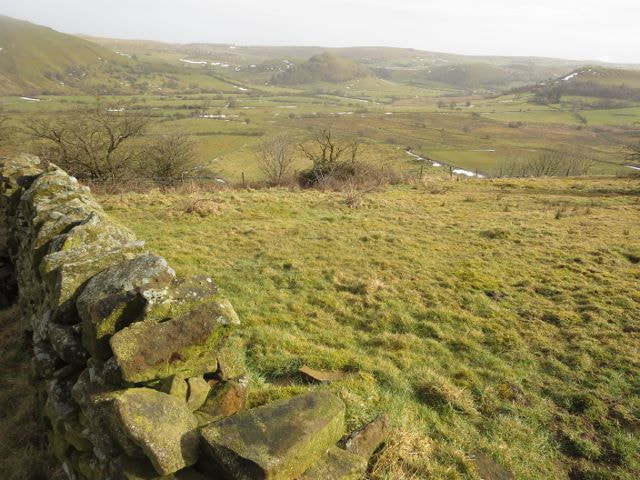
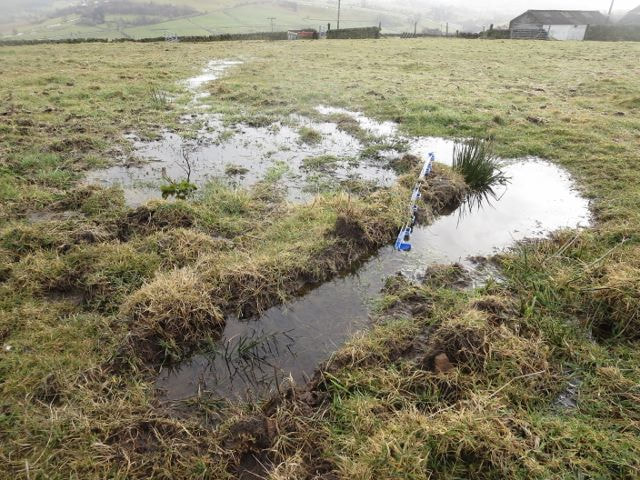
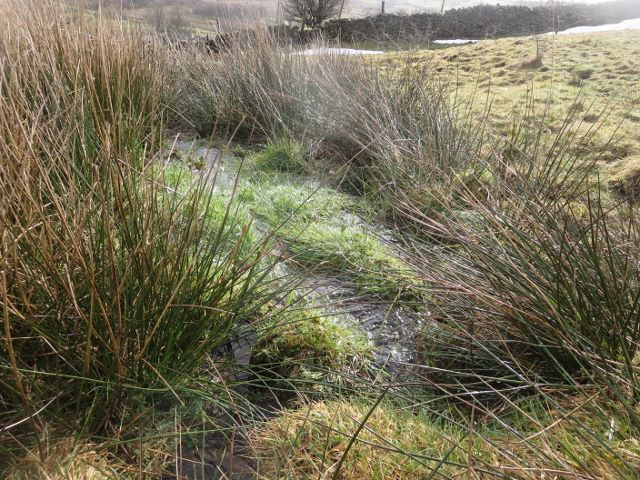
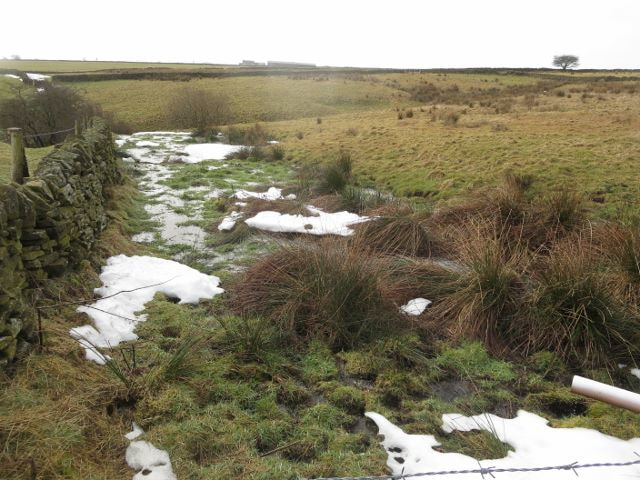
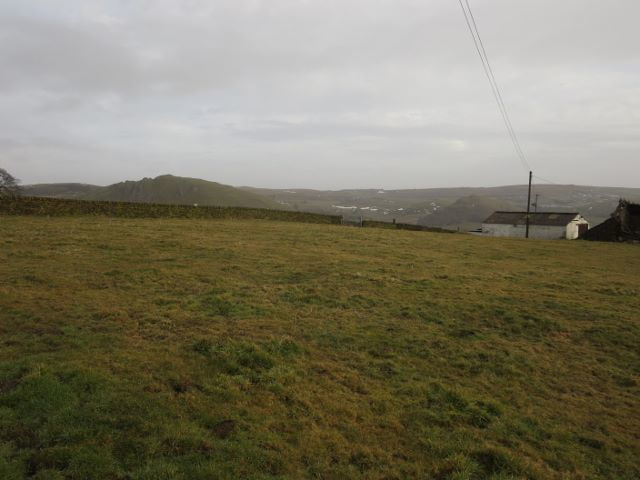
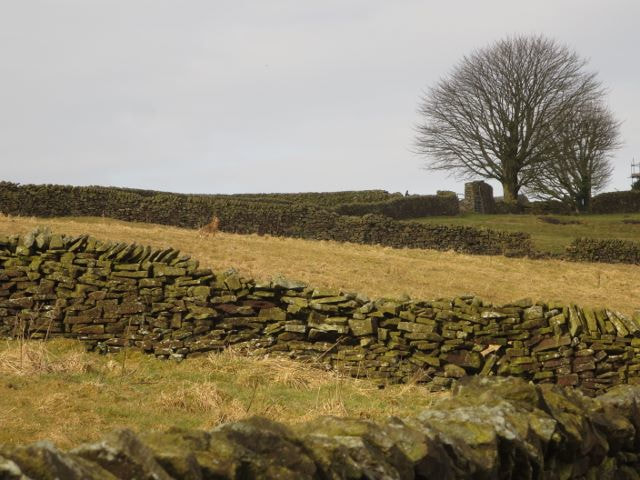
 RSS Feed
RSS Feed
